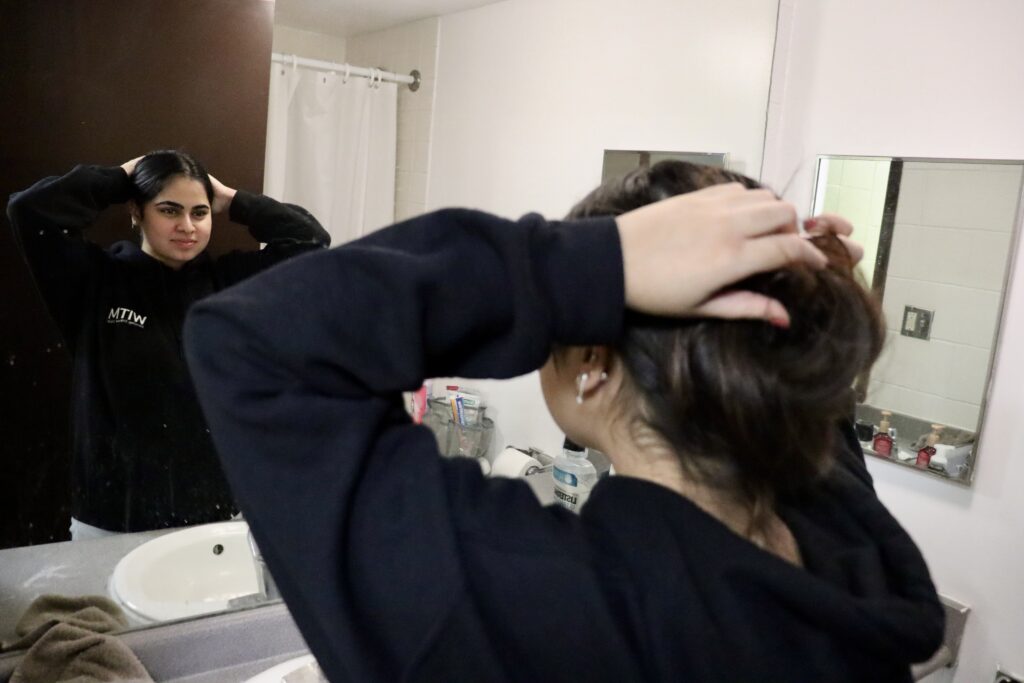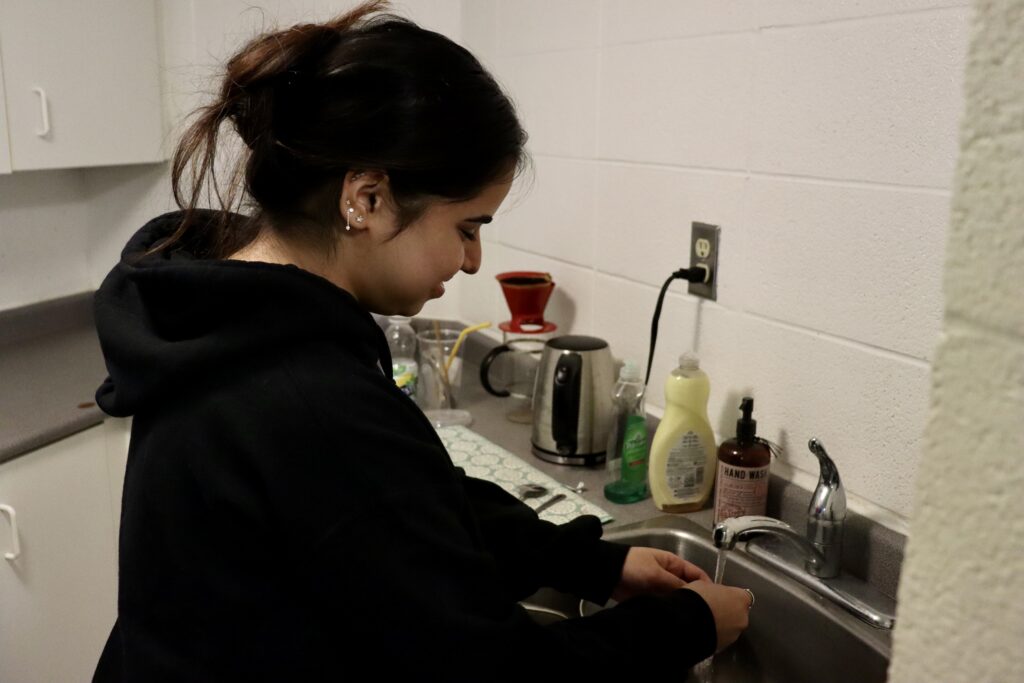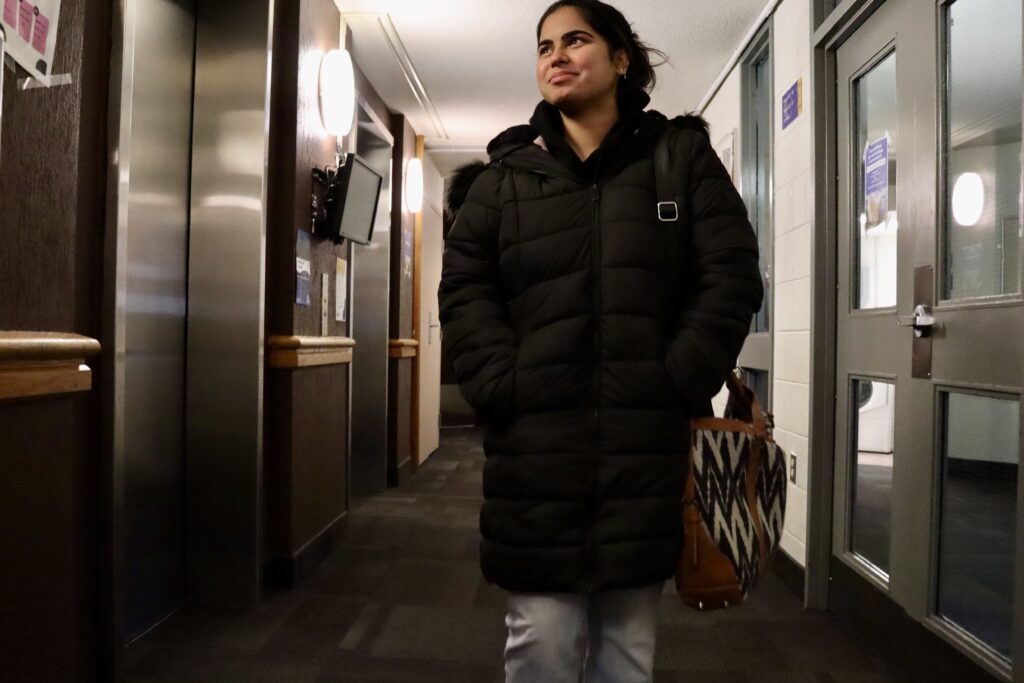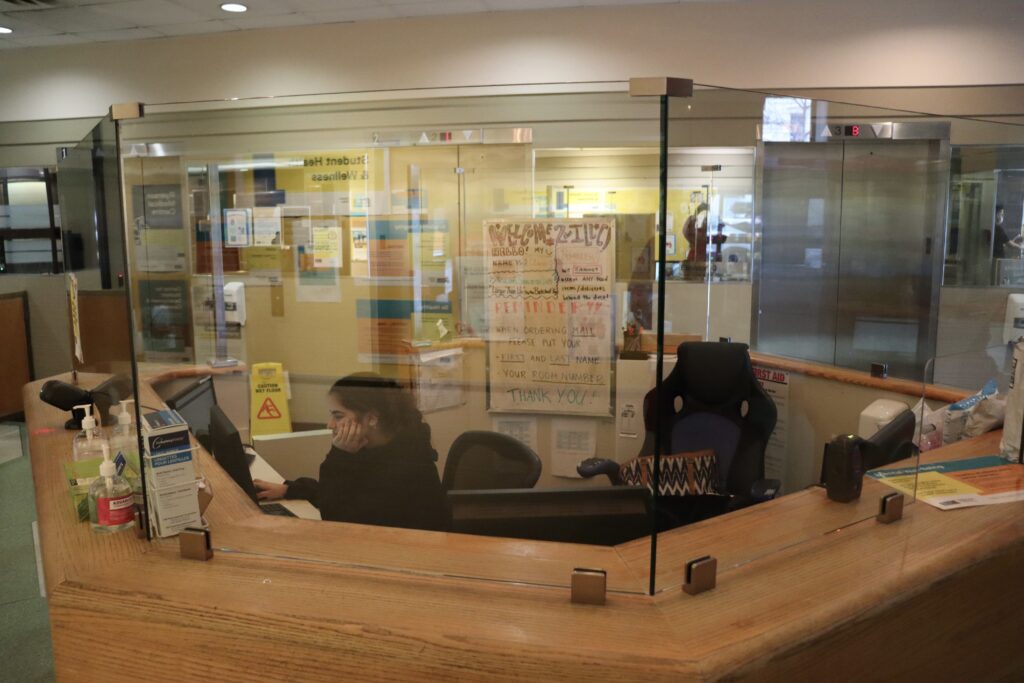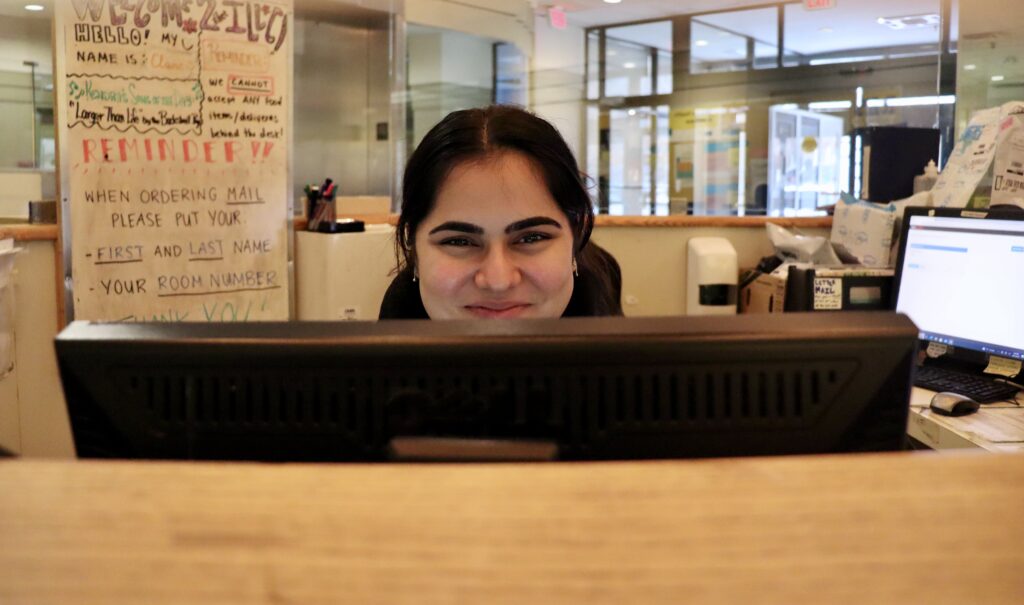By Emily Zhang
Since its origins, Hollywood has been infatuated with stories of the super rich. Through most of its history, Hollywood has also been incredibly white. In recent years, though, there has been an increased demand for diversity with storylines about people of colour and other minorities. Enter shows like Crazy Rich Asians, Bling Empire and Singapore Social. Despite the changes, many critics have questioned the accuracy of the portrayal of Asians on screen and the impact it has on reinforcing stereotypes. Some have called it an unrealistic and glitzy portrayal of the Asian community.
The power and influence of Asian representation in media and popular culture has particularly impacted the reputation of Asian international students. Lavish lifestyles, designer brands, black credit cards are the key elements associated with the representation of Asians in the media. And thus, Asian international students are often automatically associated with a wealthy lifestyle. According to a study from The International Journal of Intercultural Relations, stereotypes and clichés about Asian students can lead to difficulties in integration and even depression for International students from Asian countries, which affects their ability to adapt to their host country. This is definitely the case for many Asian international students in the GTA studying at Toronto Metropolitan University (TMU).
Simran Daswani is a South Asian international student from India studying Business Technology Management at TMU. Speaking at the receptionist desk at the International Living/Learning Centre, a student dormitory where she works registering packages, checking in guests and cleaning. Daswani says, “It’s frustrating to hear the ‘rich international students’ jokes. I work 15 to 29 hours a week to afford to live in Toronto.” Between points, Daswani pauses the interview to address student requests. For her five-hour shift, on a cold Friday afternoon in March, she oversees administrative work for the hundreds of students who live in the building.
Yanti Zhou, a Chinese student studying at TMU, doesn’t associate with the stereotype of “Asian international students.” Zhou believes the stereotype is harmful and doesn’t represent the majority of Asian students. Zhou moved to Toronto in 2019 from China to major in Early Childhood Studies. Yanti Zhou lives among the skyscrapers of North York amid a cluster of Korean-owned businesses and bustling town centre with her roommate, also an international student at TMU. Three years ago, she moved for the first time and said goodbye to her family to start a new chapter. With a one way ticket and two large suitcases, Zhou fought back tears when hugging her mom at the Shanghai Pudong International Airport. Sleep deprived and jet lagged after a 24 hour journey, Zhou arrived at her new home at HOEM on Jarvis, a student apartment a five minute walk from campus.
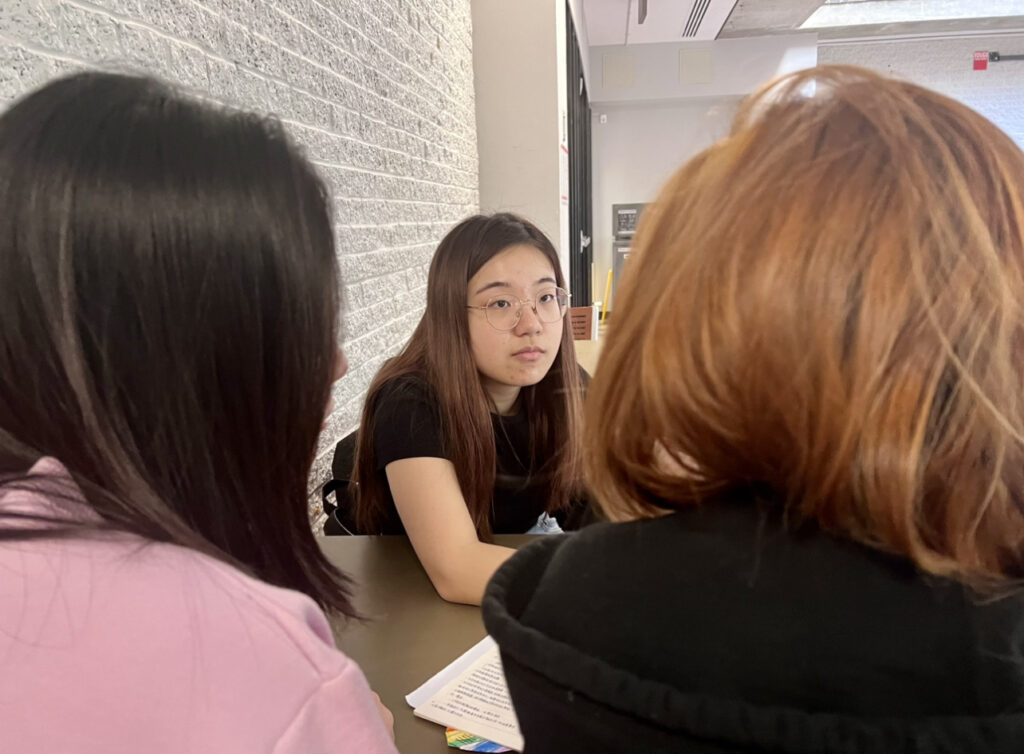
It was hard for her to adjust to Toronto due to the cold climate. Zhou is from Liu Zhou, a small city in the province of Guanxi in Southern China known for its tropical climate, luscious green mountains and flowing rivers. In Toronto, she was met with below-freezing temperatures, skyscrapers, an unfamiliar language and, most importantly, a lack of family. Little did she know a global pandemic would hit, keeping her from her family for two years.
“I didn’t want to tell my parents how I felt the first few months. It was difficult and hard to be in Toronto,” Yanti Zhou said, seated at a desk in a cafeteria on campus. Zhou applied to a few universities throughout Canada but settled on TMU. Passionate about childcare, Yanti Zhou felt compelled to become a child educator.
Zhou isn’t alone. According to a study published in The Journal of International Students, even the “brightest” students have trouble transitioning to universities in Canada due to the wrestling with the Western culture, studying in English, and potential discrimination.

“International students sacrifice a lot for studying abroad. Our families are supporting us as they believe in the quality of education,” said Daswani. “Our tuition is twice and even triple the amount [of domestic tuition]. I feel the pressure to succeed.” The pressure to “succeed” is a common experience felt by international students.
Since 2014, the Canadian government has implemented aggressive campaigns to promote its post-secondary institutions. The number of international students has risen exponentially ever since, with more than 917,445 study permit holders as of Sept. 30, 2022, according to reporting published by the Toronto Star. According to the International Student Support Office at TMU, there are more than 5,000 international students currently studying at the school. Among international students, seven out of ten most popular countries are Asian. This includes India, China, Vietnam, Hong Kong, Bangladesh, Pakistan and Sri Lanka.
“Toronto is a really diverse city with a lot of South Asians. At TMU, there’s a lot of people from South Asia,” Daswani said when talking about her integration to university. Yanti Zhou, is set to graduate in 2024 and hopes to move to Singapore for graduate studies. “I want to stay in Canada, but being far away from family is hard,” said Yanti Zhou. With the cold climate and her lack of social circle, living in Toronto has not been easy. She believes that Canada provides a good education, but she still hopes to settle and work closer to family. Moving to Singapore, Zhou believes she wouldn’t face as much stigma and discrimination as an Asian international student. In an Asian country like Singapore, she won’t be considered a minority and feel alienated by simply being herself. Language barriers and cultural differences are the daily struggles she faces. When communicating with professors, Zhou admits she sometimes feels misunderstood and finds herself lost in lectures and assignments.
Part of what’s lost in translation starts in the media. As of 2022, Asians are represented by just 8.8% of main characters on screen by Canadian broadcasters according to Elimin8hate’s Diversity on Screen audit. British Columbia’s publicly funded TV network, the Knowledge
Network, was the worst offender, with Asian actors representing just 3.9% of the main characters on the shows it aired in 2022. In a sea of big traditional media companies and broadcasters, there is one platform hoping to change this narrative: RepresentASIAN Project. The RepresentASIAN Project is a Canadian media company that aims to celebrate and share Asian stories. Run by a staff of Asians, the RepresentASIAN Project brings the spotlight to members of the Asian community.
Madeline Chung, founder of the RepresentASIAN Project talks about the story behind her company.(INSTAGRAM/ _fridaythings)
“We wanted to prioritise within our community, within, the Asian diaspora, not only in Canada, but globally, and complexities and intricacies within that perspective, within all of our perspectives that have been overlooked or misrepresented in like, mainstream media and dominant media,” said Nathan Sing, managing editor for the RepresentASIAN Project. “Storytelling is one of the most powerful healing modalities in the world. And championing the stories of individuals and communities that have long been overlooked and misrepresented should never be, should never be overlooked as just that. It’s so much more than that. There’s so much history,” said Sing on the importance of telling stories from Asian perspectives. Media is an important tool that gives communities an opportunity to show their culture and stories authentically.
As Canada continues to court international students from Asian countries, authentic stories about Asians in the media could serve as a welcome mat. By telling true stories, people like Simran Daswani and Yanti Zhou are able to feel seen and valued as individuals.
Whether they’ve got cash in their pockets, or not.

